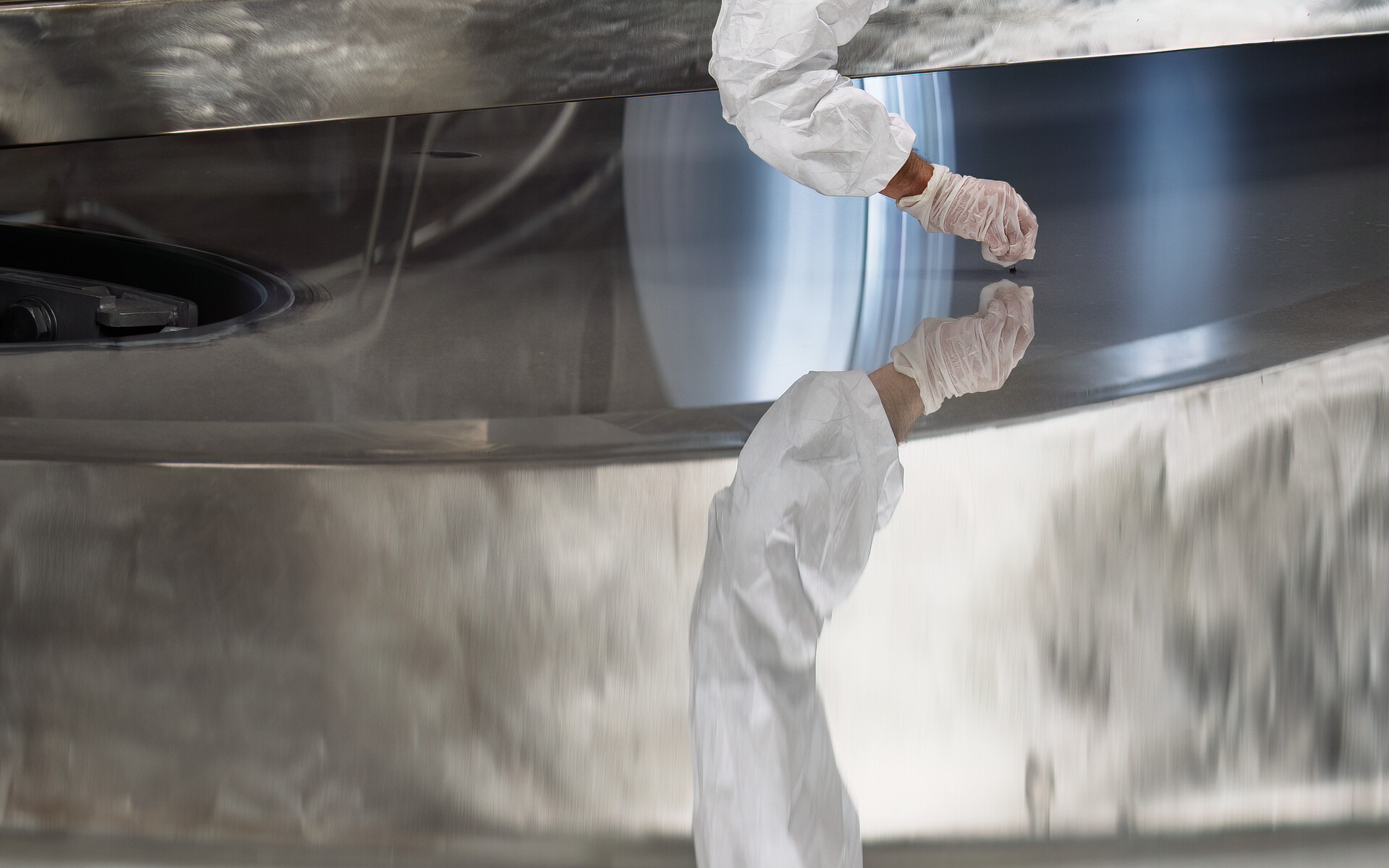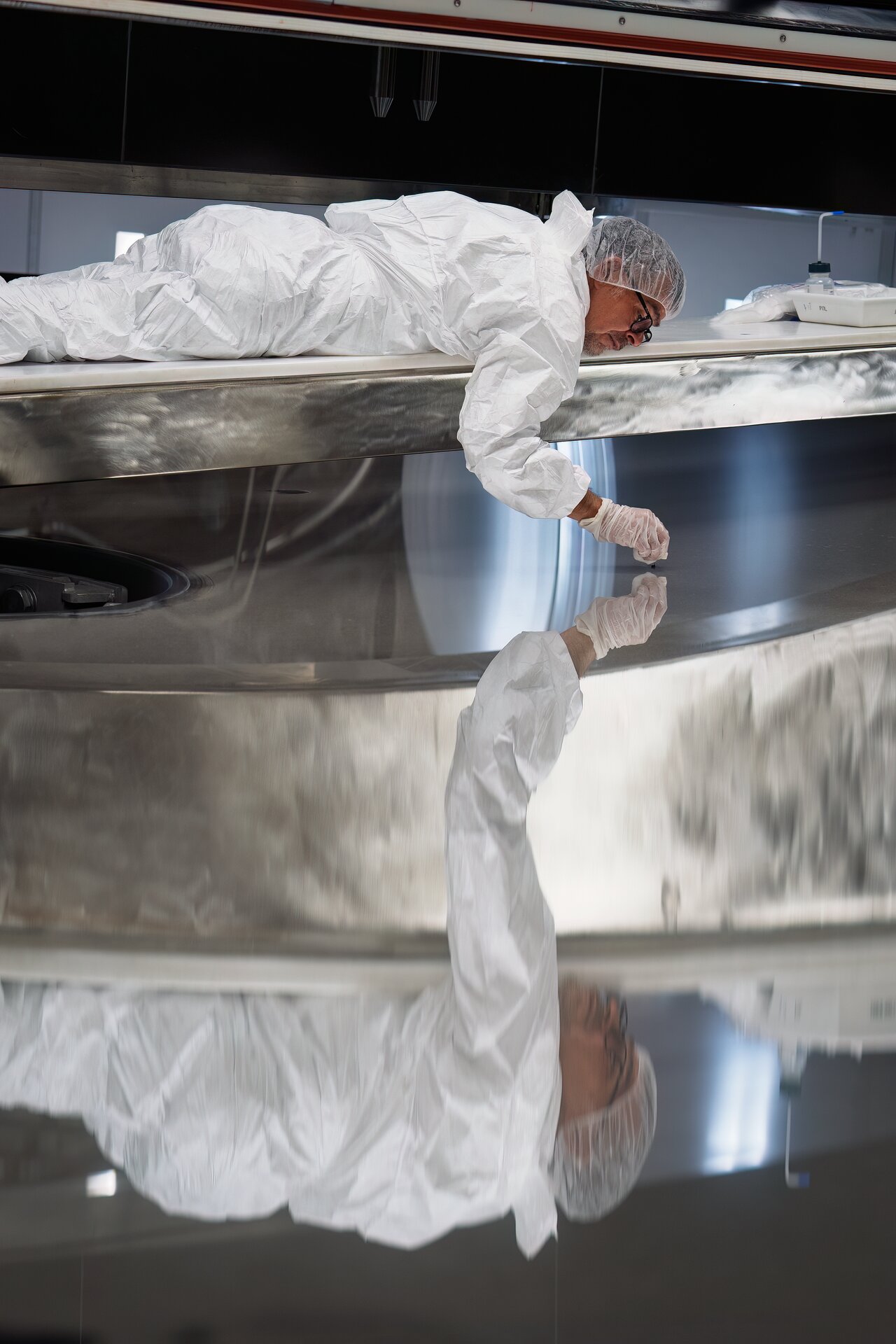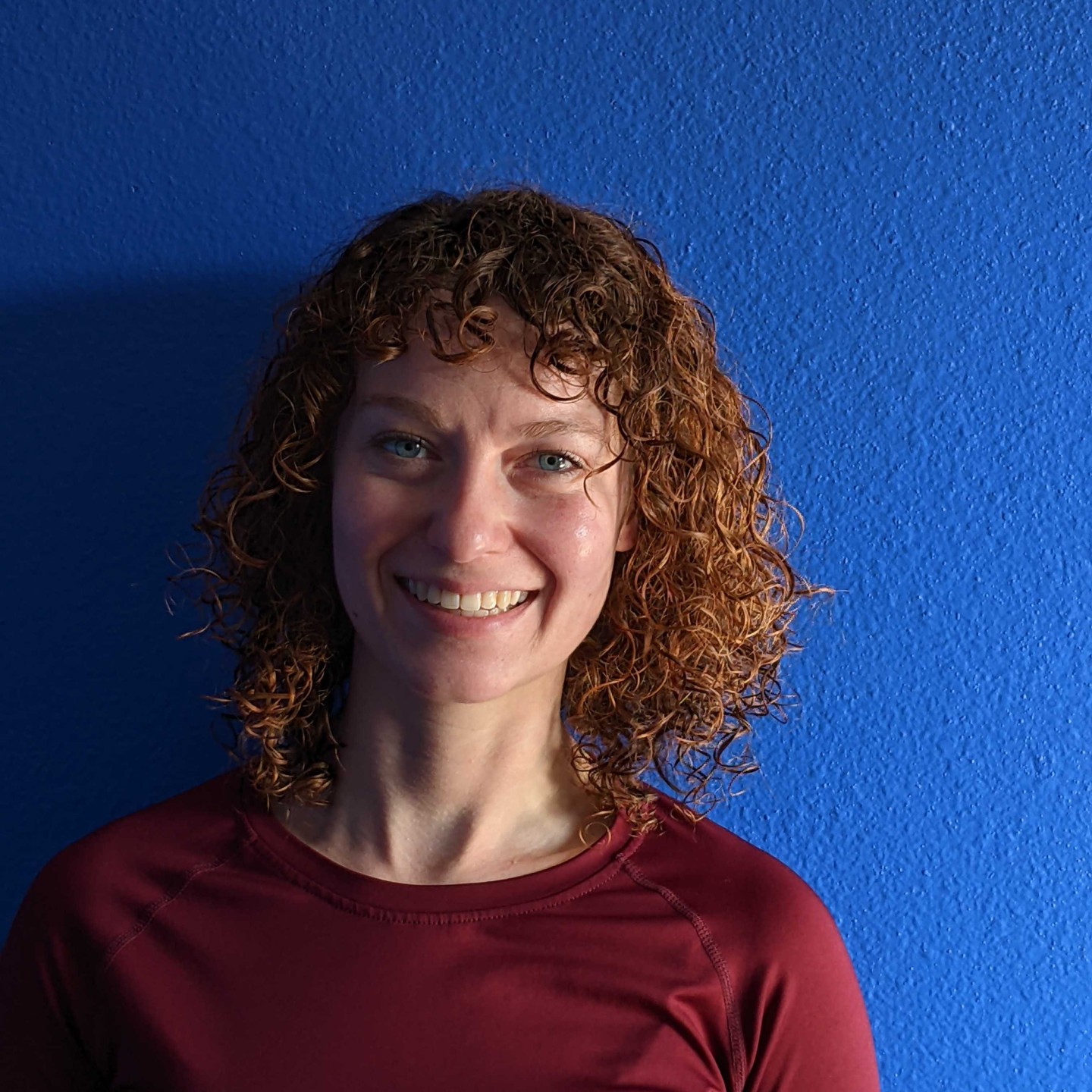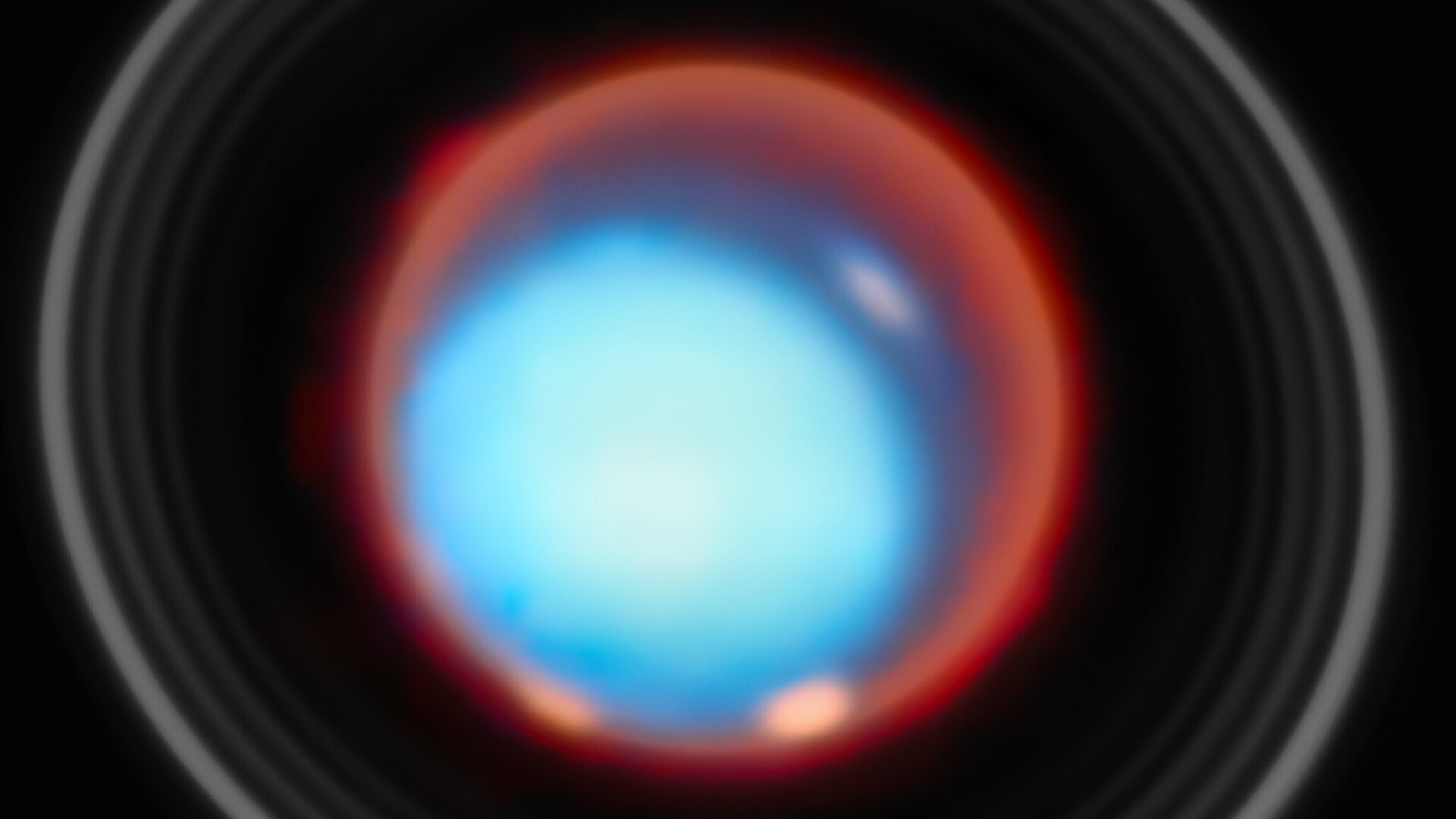Polishing a telescope mirror to perfection | Space photo of the day for Oct. 6, 2025
It's a delicate process in which science meets craftsmanship in the Chilean desert.

Breaking space news, the latest updates on rocket launches, skywatching events and more!
You are now subscribed
Your newsletter sign-up was successful
Want to add more newsletters?

Delivered daily
Daily Newsletter
Breaking space news, the latest updates on rocket launches, skywatching events and more!

Once a month
Watch This Space
Sign up to our monthly entertainment newsletter to keep up with all our coverage of the latest sci-fi and space movies, tv shows, games and books.

Once a week
Night Sky This Week
Discover this week's must-see night sky events, moon phases, and stunning astrophotos. Sign up for our skywatching newsletter and explore the universe with us!

Twice a month
Strange New Words
Space.com's Sci-Fi Reader's Club. Read a sci-fi short story every month and join a virtual community of fellow science fiction fans!
Night after night in the dry air of Chile's Atacama Desert, fine dust and pollutants settle on the aluminum coating of the mirrors belonging to the Very Large Telescope, part of the European Southern Observatory (ESO). This process degrades the mirrors' reflectivity and clarity over time, so technicians regularly recoat and polish them to ensure the best precision.
What is it?
Keeping a 25-ton (23 metric tons) mirror in perfect condition is a delicate process. For light cleaning, technicians sometimes spray frozen carbon monoxide across the surface to dislodge the dust. Eventually, however, the thin aluminum coating has to be replaced.
After the mirror is painstakingly removed from its mount, engineers check for particles and chemically strip away the old layer of aluminum before adding a shiny new layer just 80 nanometers thick, a thousand times thinner than a human hair.
Where is it?
This image was taken at the VLT basecamp at the foot of Cerro Paranal.
Why is it amazing?
The VLT has delivered some of the most detailed observations of our universe. From imaging exoplanets to probing the environments around supermassive black holes at the centers of galaxies, the VLT has pushed the limits of what ground-based telescopes can achieve.
Want to learn more?
You can read more about the Very Large Telescope and other telescopes in Chile.
Breaking space news, the latest updates on rocket launches, skywatching events and more!
Kenna Hughes-Castleberry is the Content Manager at Space.com. Formerly, she was the Science Communicator at JILA, a physics research institute. Kenna is also a freelance science journalist. Her beats include quantum technology, AI, animal intelligence, corvids, and cephalopods.
You must confirm your public display name before commenting
Please logout and then login again, you will then be prompted to enter your display name.


